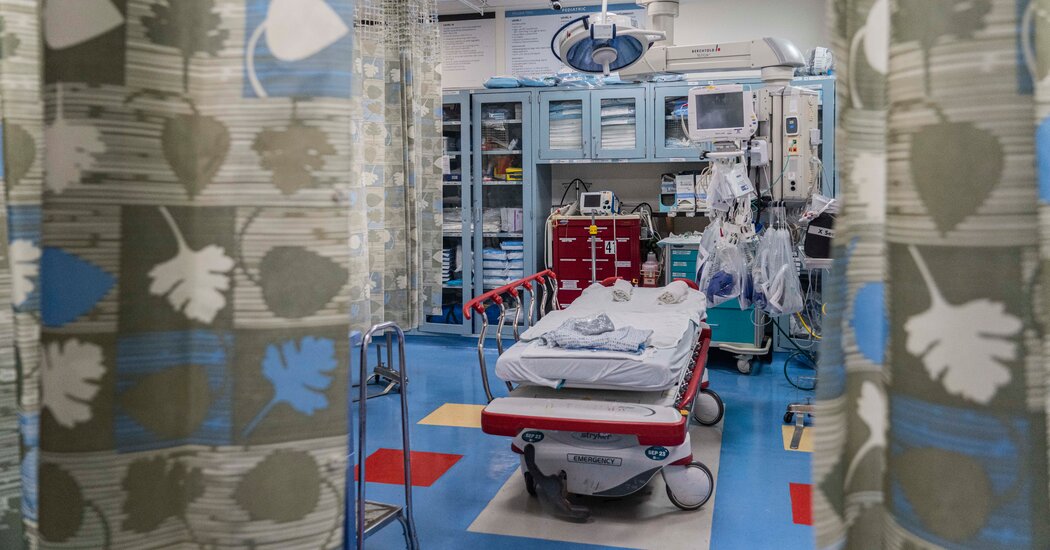
One of the newest battlefields in the abortion debate is a decades-old federal law called the Emergency Medical Treatment and Labor Act, known by doctors and health policymakers as EMTALA.
The issue involves whether the law requires hospital emergency rooms to provide abortions in urgent circumstances, including when a woman’s health is threatened by continuing her pregnancy. But, as with many abortion-related arguments, this one could have broader implications. Some legal experts say it could potentially determine how restrictive state abortion laws are allowed to be and whether states can prevent emergency rooms from providing other types of medical care, such as gender-affirming treatments.
The Biden administration is in the middle of legal battles over the law with the states of Texas and Idaho. The Supreme Court has agreed to hear the Idaho case.
What does the law do?
Enacted by Congress in 1986, EMTALA (pronounced em-TAHL-uh) requires hospitals across the country to guarantee all patients a standard of emergency care, regardless of whether they have insurance or can pay. The law, which was passed to address concerns that hospitals were failing to screen, treat or correctly transfer patients, applies to any hospital that receives Medicare funding and has an emergency department — most hospitals in the United States.



